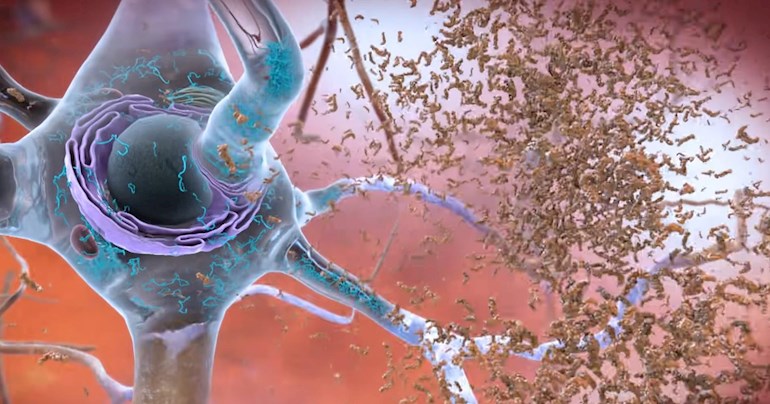I’ve not posted anything for a while due to ill health, so here is hopefully some “food for thought”. This is for information only.
For a while now, I have been concerned about the lack of understanding of some healthcare professionals when it comes to Hepatic Encephalopathy.
My personal experience was typical of many people. I suffered from episodes of frustration, forgetfulness, confusion, irritability and the inability to concentrate on more than one thing at a time.
When I first reported my HE symptoms to my then GP. She just prescribed Lactulose as being the correct course of treatment. She didn’t even record my condition on my medical file. My condition deteriorated and was finally diagnosed some 15-months later while on a routine visit to the QE.
The name “Hepatic Encephalopathy” basically means brain damage or disease caused by the liver. So, this falls under the remit of the Gastroenterologist, or Hepatologist as the liver seems to be the cause of the damage. However, little or nothing seems to be done about the damage already caused to the brain, as this should now be a neurological condition.
In my opinion, many GPs don’t seem to fully appreciate the severity of HE.
I am now six years post-transplant and still seem to suffer from certain symptoms of HE. So, what is going on?
I am now becoming convinced that HE has far more long term serious consequences for some people. I have come across a condition called “Alzheimer’s Type II astrocytes”: pubmed.ncbi.nlm.nih.gov/330...
There is a rather nice video that explains how changes in the brain can bring about Alzheimer’s. Here I believe that damage to the Astrocytes and Microglia cells caused by ammonia can bring about the build-up of Tau within the brain as this video illustrates: youtu.be/0GXv3mHs9AU
The main article that the video is taken from can be found here: nia.nih.gov/health/what-hap...
The following article may also be of interest to some of you: meridian.allenpress.com/apl...
“Alzheimer’s Type II astrocytes” should not be confused with Alzheimer’s Disease, however, these two versions do have certain similarities.
I now believe that HE can cause certain long term brain damage which could be better treated if it was diagnosed as being “Alzheimer’s”. There appears to be very little research into this going on here in the UK. I certainly would like to take part in any possible research trials into “Alzheimer’s Type II astrocytes”.
This is a very heavy subject, and research is still very much ongoing, but I just wish there was greater importance placed on those people who suffer from HE.
Treat the brain as well as the liver.
Richard
